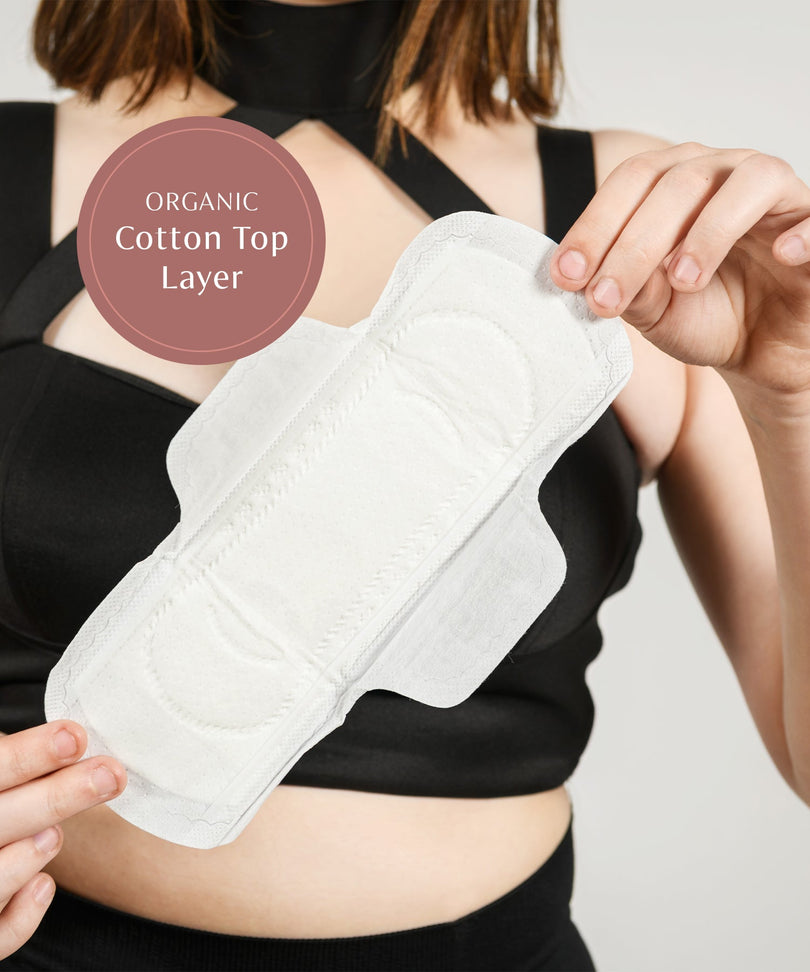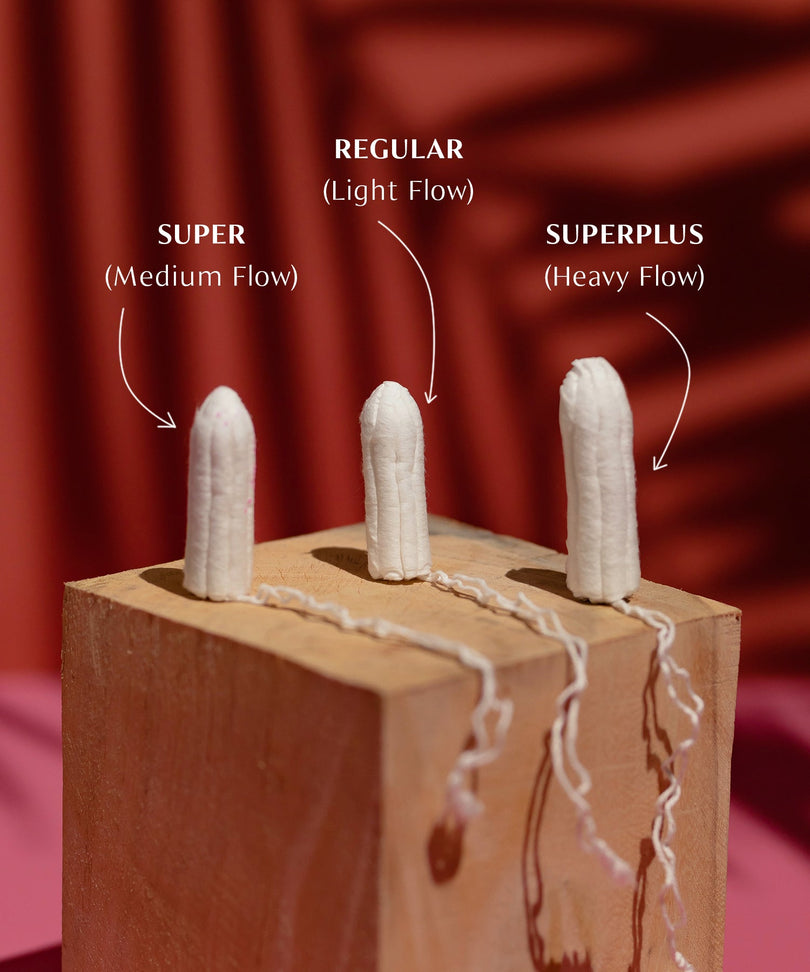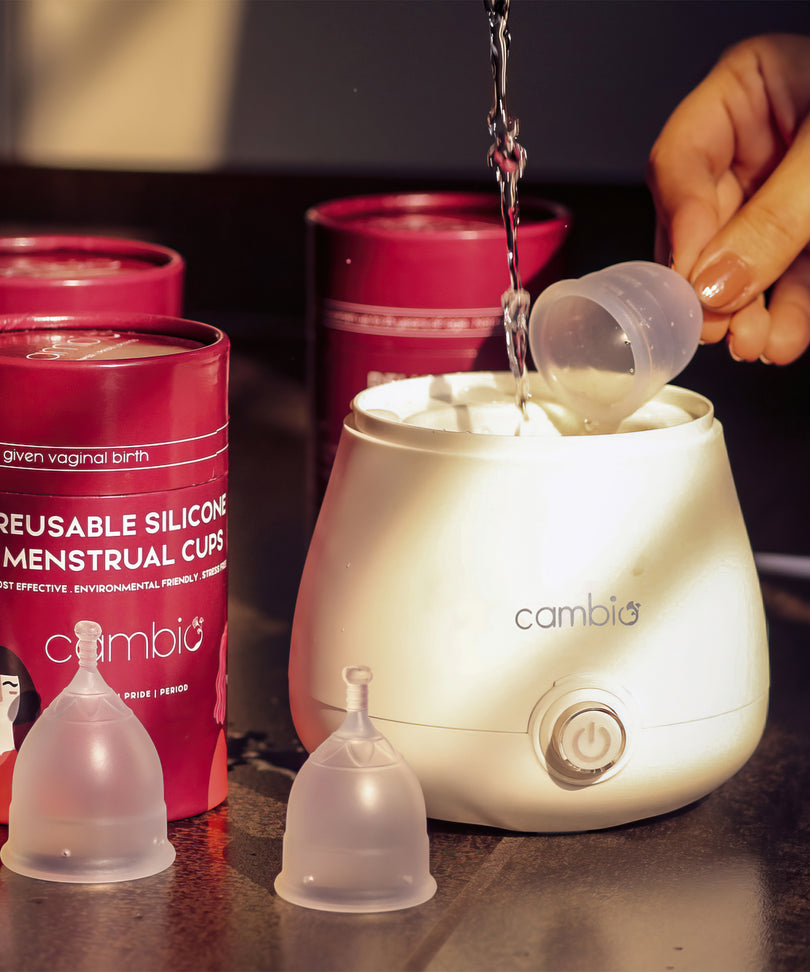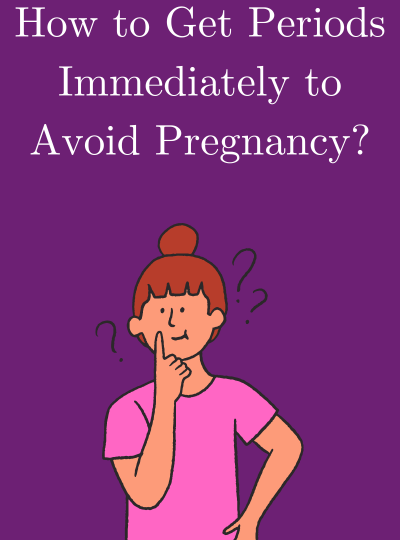What is a Pap Smear?
A Pap smear is a routine gynaecological screening test used to detect changes in the cells of the cervix, which is the lower part of the uterus that connects to the vagina. The primary purpose of the Pap smear is to identify abnormal cervical cells, including those that may develop into cervical cancer.
During the procedure, a healthcare provider uses a speculum to open the vagina and then gently collects a sample of cells from the cervix using a small brush or spatula. The collected cells are then sent to a laboratory for examination under a microscope.
The Pap smear is an important tool in the early detection of cervical cancer, allowing for timely intervention and treatment. It's generally recommended for women starting around the age of 21, and the frequency of the test may vary based on individual risk factors and medical history. In addition to the Pap smear, some healthcare providers may also perform HPV (human papillomavirus) testing, as certain strains of HPV are known to be a major risk factor for cervical cancer. Regular screening and follow-up with healthcare professionals can help in the prevention and early detection of cervical cancer.
Also read - Spotting vs Periods
Pap Smear Test on Period
Imagine the cervix as a gateway to the uterus, and a Pap smear is like taking a sample from this gateway to check if everything is okay. However, during your period, there's a lot of blood and tissue coming out, and this can make it harder to get a clear sample.
It's like trying to see through a dirty window - the blood makes it difficult for the doctor to collect the cells properly, which could affect the accuracy of the test.
For this reason, healthcare professionals generally recommend scheduling Pap smears during a time when you are not menstruating, ideally about two weeks after the first day of your last menstrual period.
Also read - Can You Donate Blood During Periods?
Can you get a Pap Smear on Your Period?
Technically, yes. Your doctor can perform a Pap smear while you're menstruating. However, there are some factors to consider:
Your flow: If you're experiencing a heavy period, it's best to reschedule. A lighter flow is generally less disruptive to the test.
Accuracy: While not impossible, there's a slightly higher chance of an inaccurate result due to the blood.
Comfort level: Let's be real, periods are messy and sometimes uncomfortable. If you're not feeling your best, it's okay to postpone the Pap smear for a few days.
The Verdict:
Ultimately, the decision of whether or not to have a Pap smear during your period is a personal one. Discuss your concerns and comfort level with your doctor. They can help you determine the best course of action based on your situation and menstrual cycle.
Also read - Does Menstrual Cup Break The Hymen?
Tips While Getting a Pap Smear
- Schedule your Pap smear for the middle of your cycle, around days 10-20. This is when your cervical mucus is thinnest, allowing for easier sample collection.
- Avoid douching, using vaginal creams or suppositories, and having sexual intercourse for 2-3 days before your appointment. These can all interfere with the test results.
- Wear comfortable clothes that are easy to remove from the waist down.
- Prioritize your health: Regular Pap smears, regardless of your cycle, are crucial for early detection and prevention.
- Embrace open communication: Discuss menstrual concerns with your doctor. You deserve a comfortable and empowering healthcare experience.
- Advocate for yourself: Ask questions, explore options, and make informed decisions about your period and Pap smears.
Also, read - Can Sex Make Your Period Come Early?
Myths about Pap Smear on Period
Myth: Getting a Pap smear while on your period is painful.
Fact: While it might be slightly uncomfortable, it shouldn't be painful. If it is, let your doctor know immediately.
Myth: You can't get cervical cancer if you've never been sexually active.
Fact: While HPV, a sexually transmitted infection, is a major risk factor for cervical cancer, it's not the only one. Other factors, like smoking and genetics, can also play a role.
Read more
Washing hair on your period can make you infertile?
How To Dispose Off Sanitary Pads?









